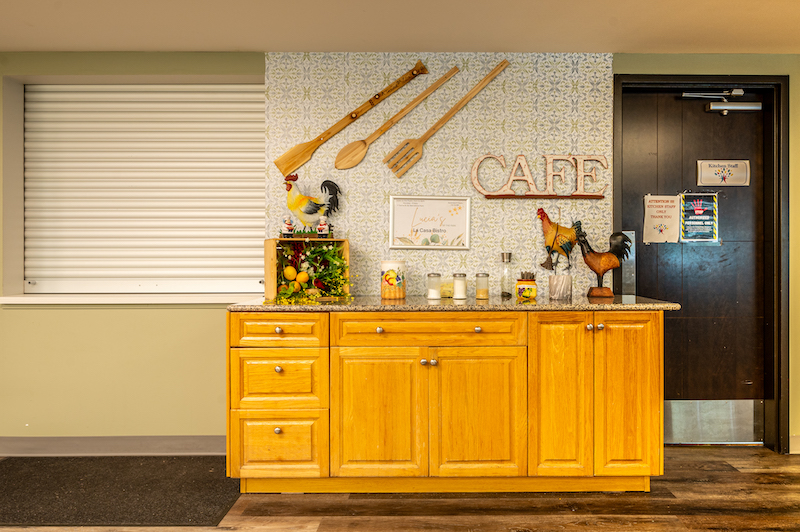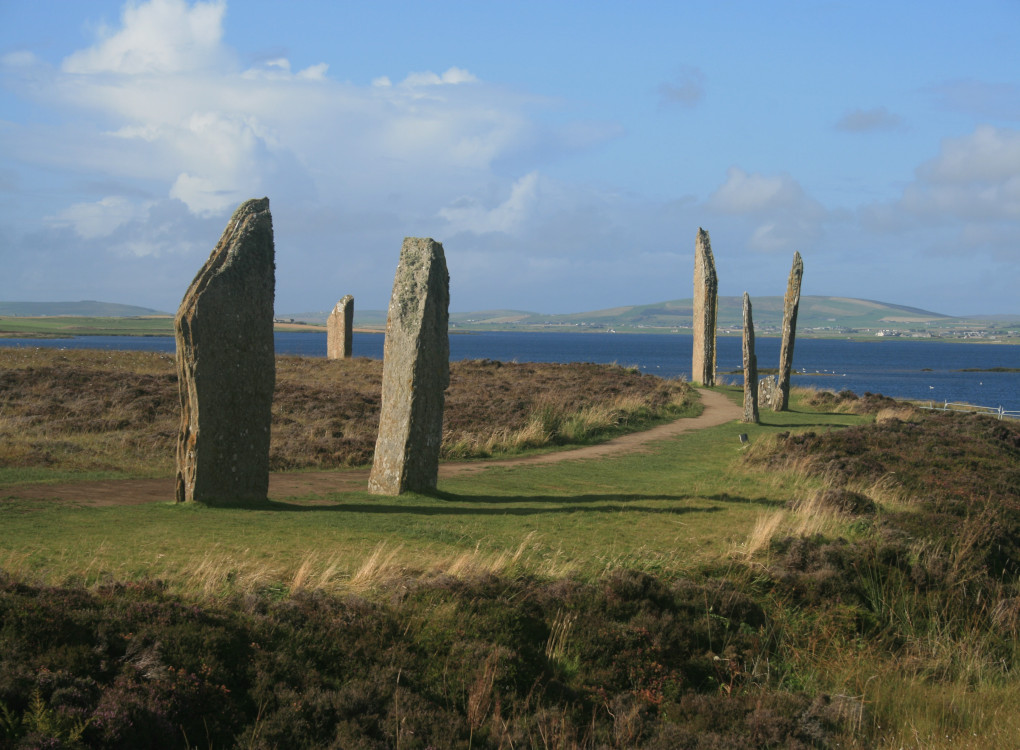Blog
Am I Being A Good Ancestor?
I ask the question while keeping my eye on the visioning of what my 7th generation yet to come would reflect on my current actions. Many Indigenous people worldwide use this concept when making decisions today about their relationships to the natural wonders around us.
I don’t want to get into the selection of how many generations is the correct number. It’s the concept that has value. I think about many generations into the future, and that sends me down a helpful path.
The concept competes directly with current western thinking: Thinking of the here and now, doing faster, tomorrow is another day, 4 years is another election, and we’ll solve whatever problems we create when we get there.
I’ll pull the thread of my use of water. I believe it is undisputed that we need water to survive. Clean, water.
Where I live, our city’s water comes from the North Saskatchewan River. Which is fed by glaciers in the Rocky Mountains, some 500+ km to the west. Those glaciers are shrinking ever faster. The end of this formerly infinite supply of water is now finite. It has a date!
Some generational number after me will not survive in Edmonton. Technology may slow that process. We might even be able to pull water out of the air as heat pumps draw warmth from cold air. Oh, wait a minute. So, who won’t get rain to the east of Edmonton? Downwind many farmers are growing our food. They need the rain.
We currently can’t agree whether coffee is good, bad, or neither.
Nature is more complex than a cup of coffee. I accept that we really know very little of all there is to know about nature. So, I conclude that disrupting nature as little as possible is my first choice.
Expansive solar farms seem to be trendy, yet they have a large footprint. They are cheaper than locating smaller arrays of panels on roofs, yet there are millions of square feet of roofs in Canada. We are subsidizing the production of fossil fuels. We should be supporting the research, production, manufacturing and installing of very local solar panels.
Cost is always a consideration.
I believe that we have lived beyond our means long enough. Future generations have our debt to pay off, and we need to start paying it down ourselves. Part of the cost is having a lower standard of living. But that’s for another topic.
Whatever your beliefs might be, reflection on this topic is time well spent – to put a twist on the Comedy Channel slogan.
Please give this a bit of a think. Where does the water from your tap come from? How long will that supply last? To do the right thing now for that 7th generation, what is one thing you can do?
I’m curious about your thoughts. Please leave your comment.
For a read on the topic, try a book by Roman Krznaric, The Good Ancestor: A Radical Prescription for Long-Term Thinking.
Photo by Mark Foster on Unsplash
If you enjoyed The Blog, please share it with others. Thanks.
And my thanks to St. Albert Seniors Association: 780-459-0433 for making this Blog possible.

Volunteer Blogger











I grew up in a household where not wasting anything was drilled into us as children. Today our children don’t measure things in nickels and dimes. The cost for overuse in a year? Maybe $200. That’s peanuts when their mortgages are often over $500,000 . Credit Cards allow them to buy now and pay later but that’s not how we grew up. Today’s focus is on “living in the moment “ so where does that leave time for worrying about the future? We can take a “mindfulness “ course or cannabis. No I don’t spend too much time thinking about what will be in generations to follow because I am doing my part in teaching and practicing conservation of water .
Oh yes, coffee is indisputably good for us, there’s no room for debate.
Interesting views I hadn’t thought about. Thanks.
Much to think about. When we moved in to our house we got a new boiler.
For my next house it will be a ground source heat pump, need some land for that but it doesn’t need gas or oil and hopefully the electricity to run it could be generated by solar panels.
My dream is to be able to afford a hydrogen powered car, Toyota and Hyundai have some but they are very expensive.
A lower standard of living is true, if the top 5% of the population reduces their footprint (and the rest of us live responsibly) it will have a massive impact. Similar to how the 100 top paid men in the world matching their salaries to their female contemporaries would massively affect the global pay gap between men and women.
Cruise boats are some of the worst polluters, followed by air travel. Going back to hydrogen, you can have hydrogen powered trains instead of diesel or electricity but we (in the UK) only recently renewed a contract for turbo diesel trains!
I think we need a universal unit of energy measurement so we can compare apples to apples. Take a simple thing like our local recycling depot. (We also have home curbside recycling.) Is it better to have 1,000 cars making trips to the recycling depot, idling, then returning home or have curbside pickup for all items recyclable? No, I don’t have the answer.